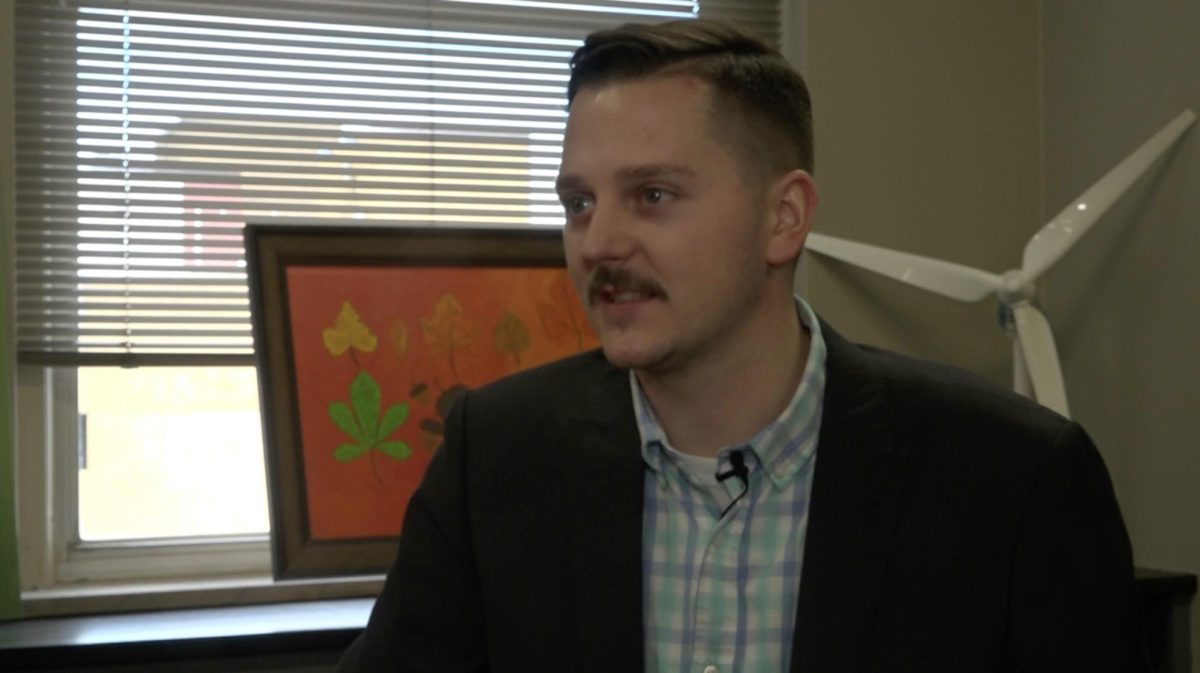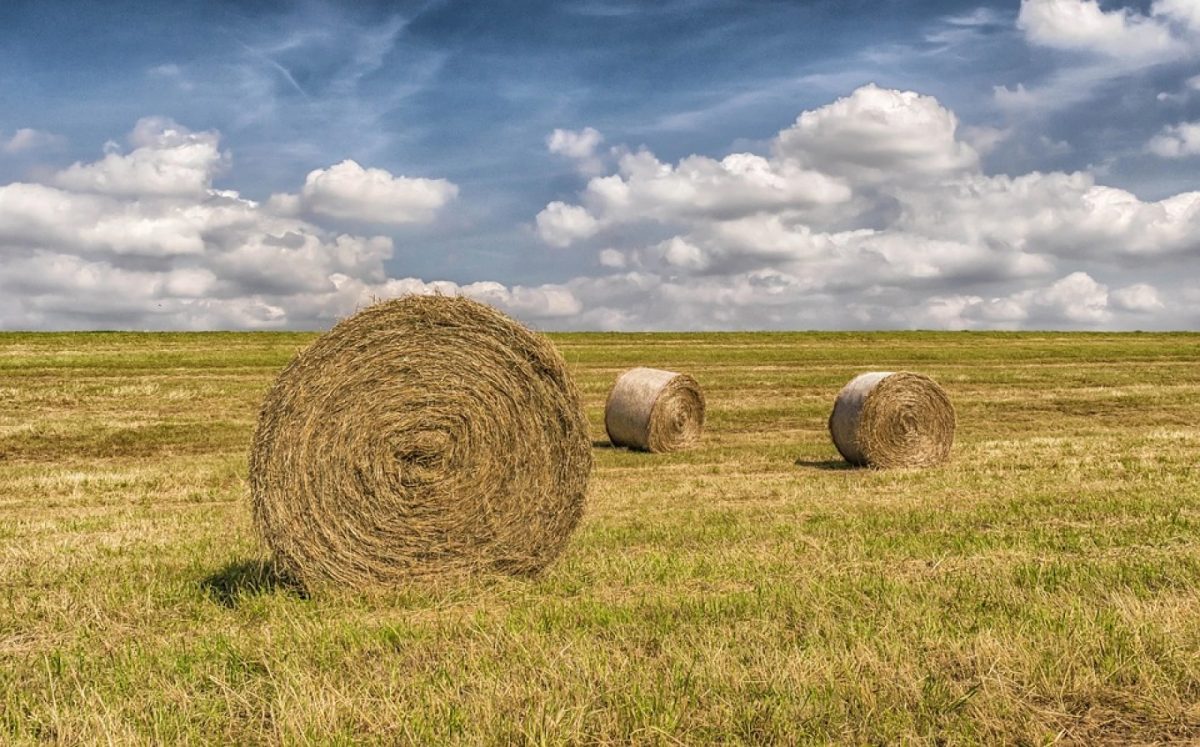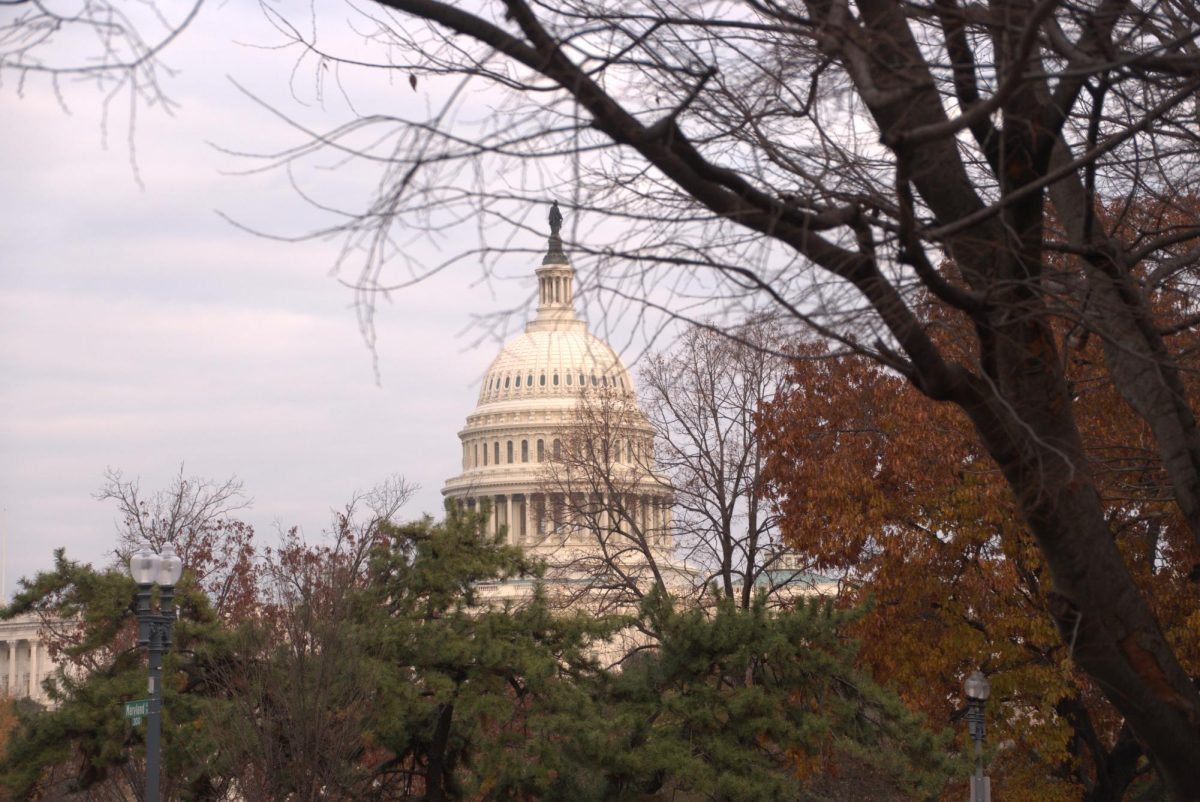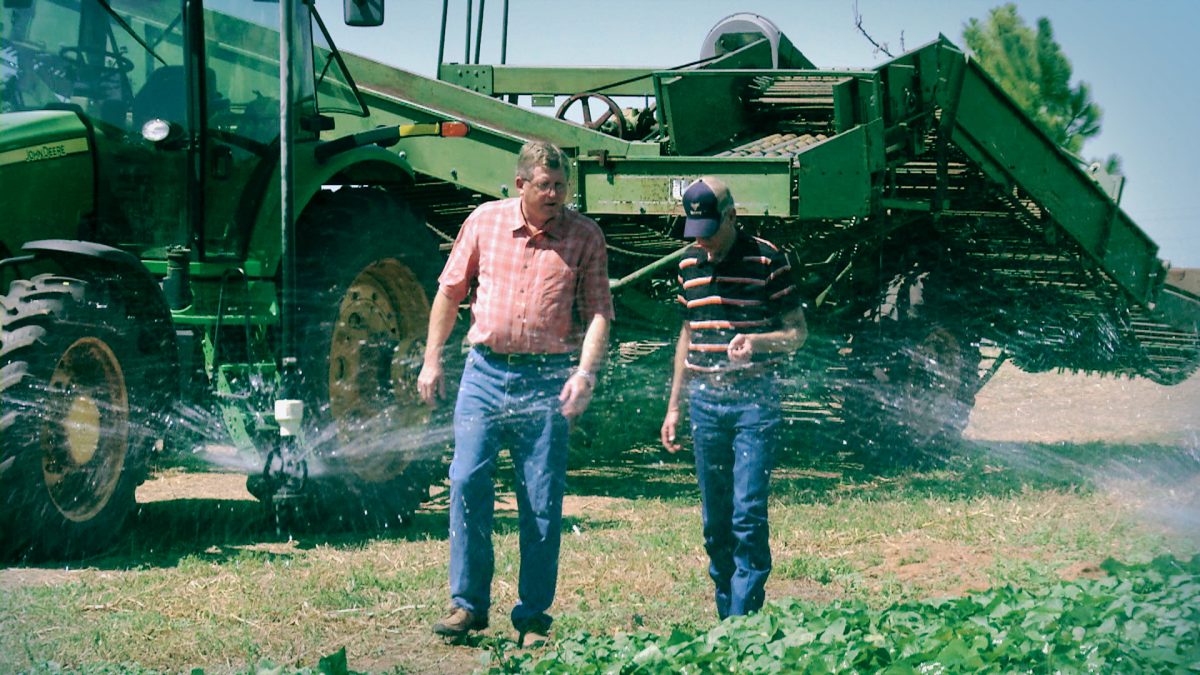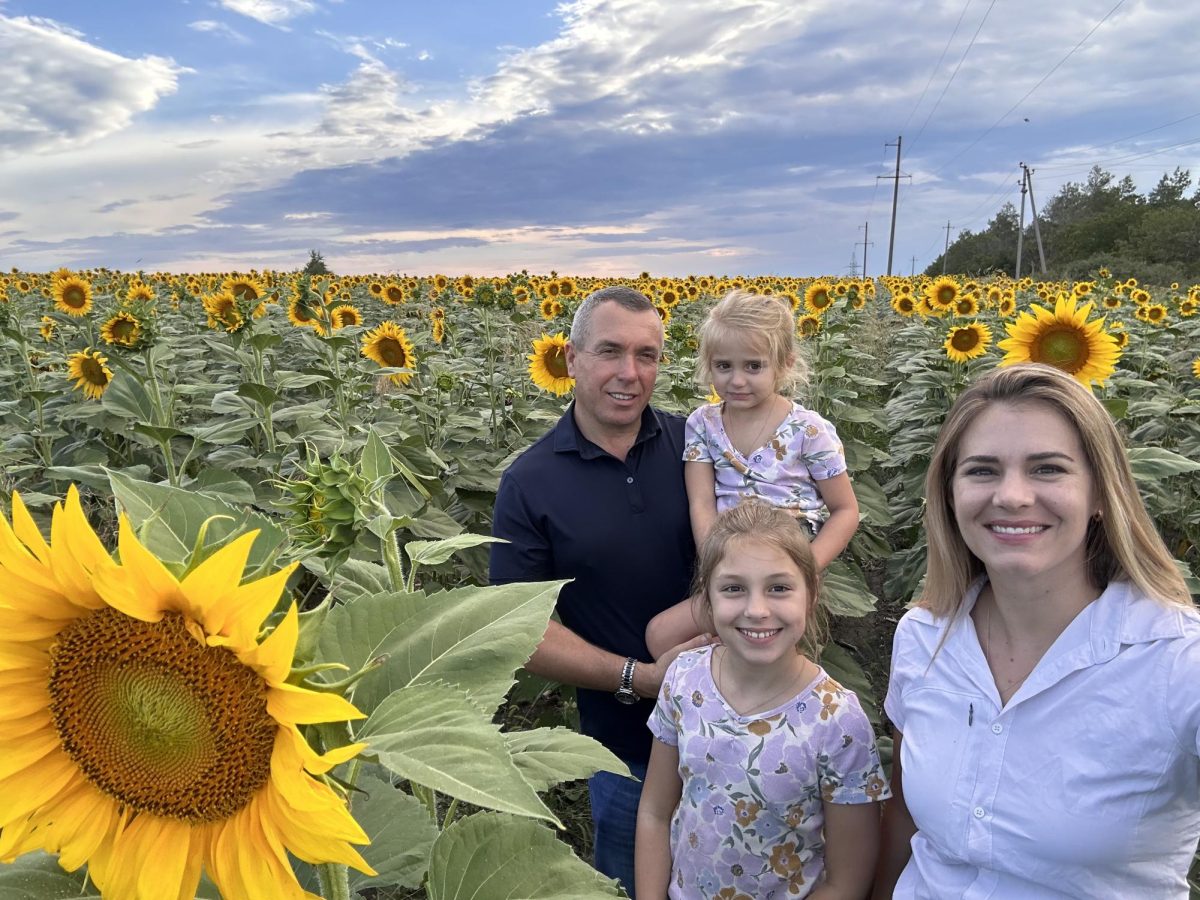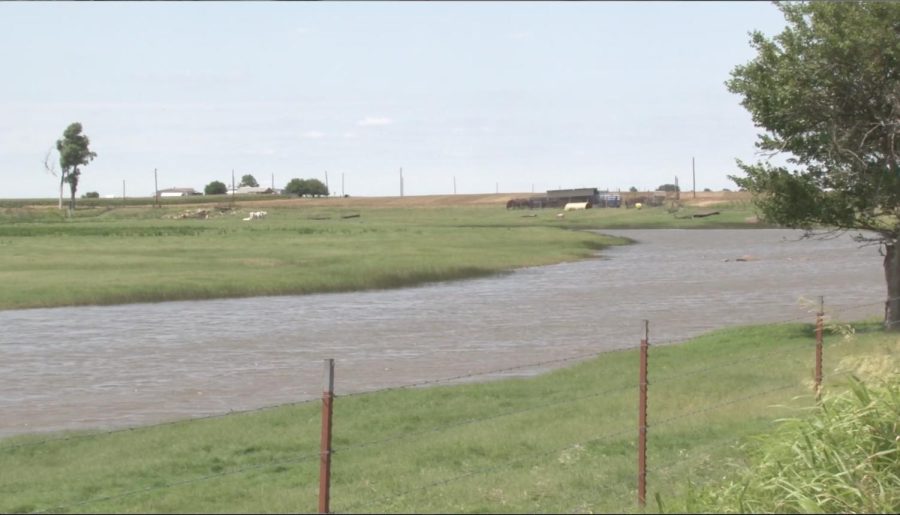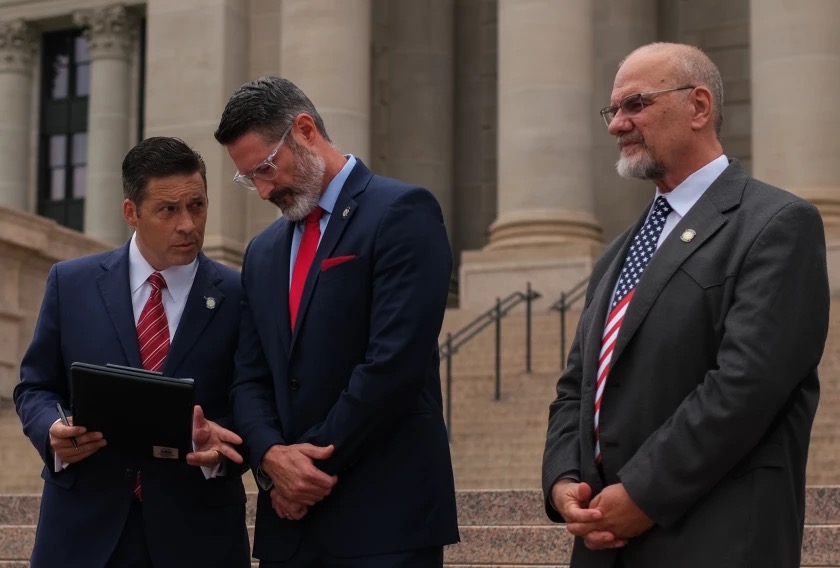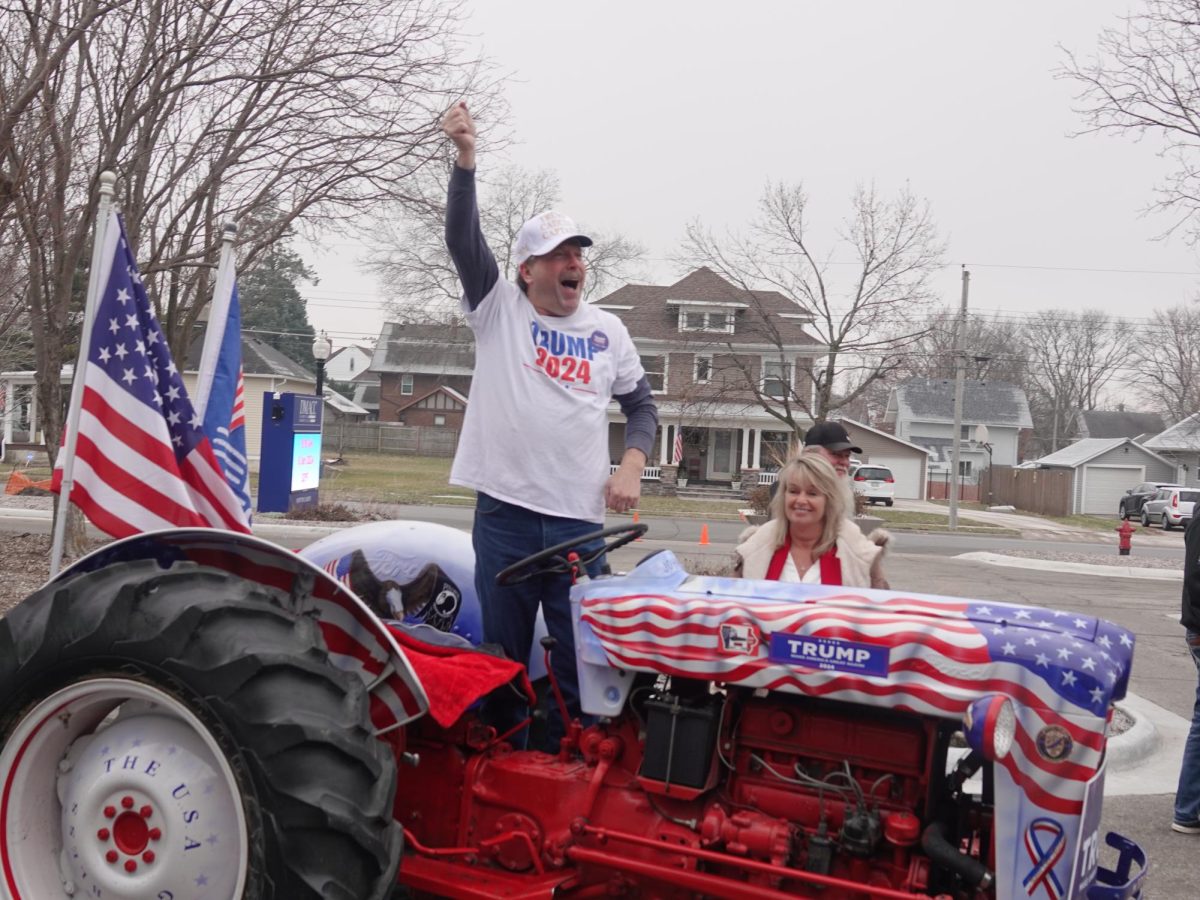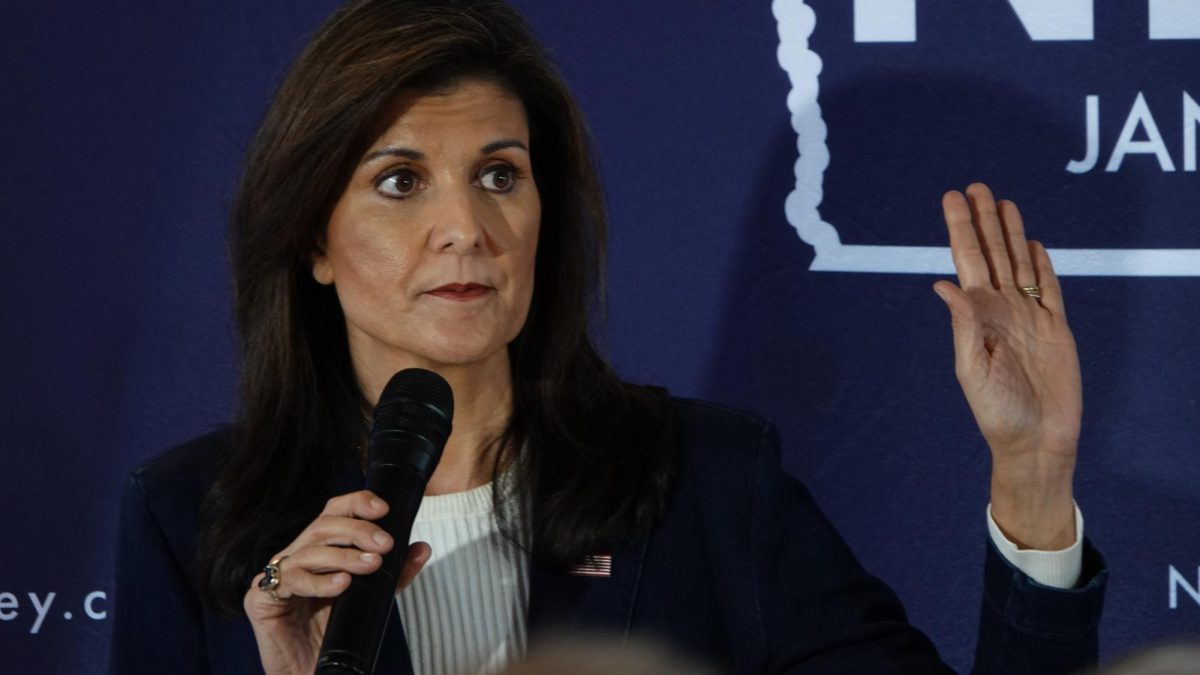DES MOINES, Iowa – In a state where cornfields dominate the landscape and wind turbines pop up like crops, farming and energy are issues that rise to the forefront during caucus season.
Cody Smith, a policy analyst with the Iowa Environmental Council, said energy is one of the fastest-growing industries in Iowa, as renewable sources such as ethanol, wind and solar are key for farmers.
For many, leasing acres of land to energy companies provides a mutually beneficial deal and increases the profitability of operations. Even for farmers with land outside of windflow areas, the ability to lease land to power companies for grid expansion offers alternative income opportunities for when crop prices are low.
Erin Cumings, a fourth-generation Iowa farmer with a 500-acre operation, says that for farmers like her, labor is the biggest issue.
“It’s intensive to put in a crop, to take out a crop and to take care of livestock,” Cummings said.
Another issue farmers nationwide face is access to and regulations surrounding water. Iowa farmers do not deal with the same limitations on irrigation that farmers in California face, Cummings said, but they do face challenges with water filtration of runoff from crops and from livestock.
“We’re not super close to a major water source, but it’s still something I worry about,” she said.
Iowa water contributes, according to Smith, to downstream environmental impacts such as a nutrient buildup in the Gulf of Mexico. That has spurred another big conversation in environmental policy: soil health.
“There’s been a renewed focus on soil health in the state of Iowa,” Smith said.”That focus on soil health has been an emerging focus throughout the Midwest in particular and is also seen as a climate solution by a lot of farmers.”
Whoever is elected president will have control over the Environmental Protection Agency and can change agency policy. The EPA and FDA (Food and Drug Administration) handle most regulations that affect farmers at the federal level.
“It’s less about how do we prop up agriculture, instead it’s about how do we ensure regulation doesn’t dampen what we do,” Cumings said.
Organizations such as the Biofuel Conference and the Farm Bureau are key organizers of farmers as a voting block, something candidates such as Ron Desantis have used in their campaigns. Desantis and Iowa Gov. Kim Reynalds made appearances at the annual Iowa Renewable Fuels Summit to address the ethanol industry directly, as Desantis has been back- and-forth on his policy proposals.
At the same conference, Haley attacked Desantis, saying, “Did he tell you that he authored legislation to ban the Renewable Fuel Standard? Did he tell you that he co-sponsored five different bills to ban the Renewable Fuel Standard?”
For some Iowa farmers, corn is their primary crop. Ethanol is an essential product that comes from Iowa corn. Cumings said that it is hard to generalize, but Iowa farmers tend to be pro-renewable fuels such as ethanol or biodiesel (a product of soybeans) because of how important it is to their farms.
Iowa has large swaths of land that do not belong to residents of the state, and Smith said that has caused some anxiety about foreign ownership.
“That’s a common thing about Iowa agriculture. When so many farms are just corn and soybeans… that alone can be thousands of acres,” Cumings said.
Cumings said that if the 2023 Farm Bill as currently written gets passed, its support for smaller and beginning farmers will help greatly. He said that keeping exports high will also help farmers, as it enhances crop prices.
As for the caucuses on Monday, Cumings said she would not be participating.
“I’m kind of skeptical. We’re so early in the process and I think it’s all talk. We don’t know what all is going to happen.”
Gaylord News is a reporting project of the University of Oklahoma Gaylord College of Journalism and Mass Communication. For more stories by Gaylord News go to GaylordNews.net.

